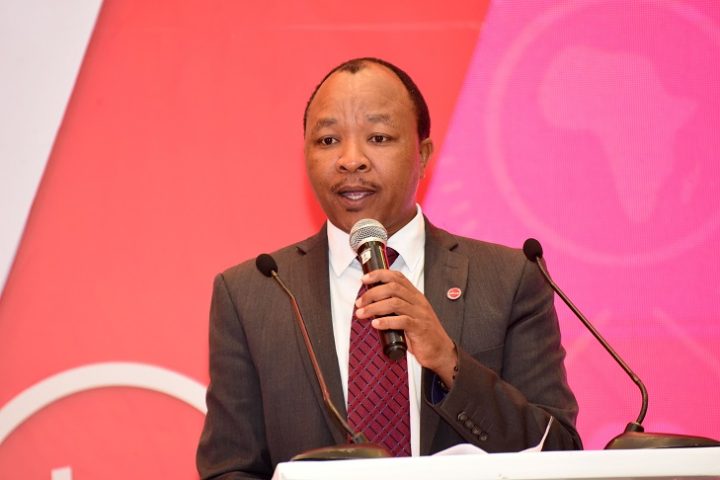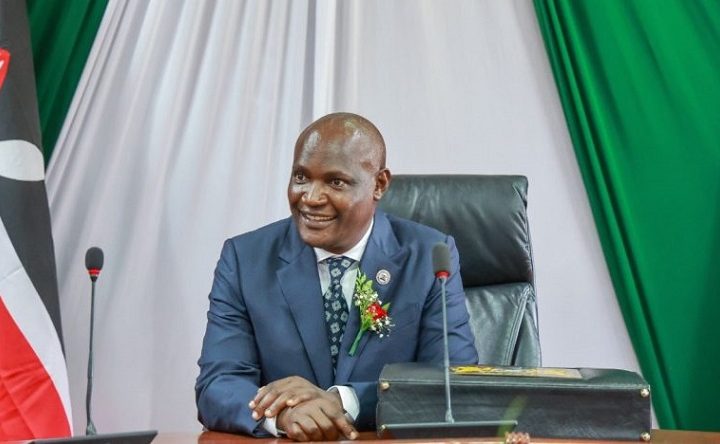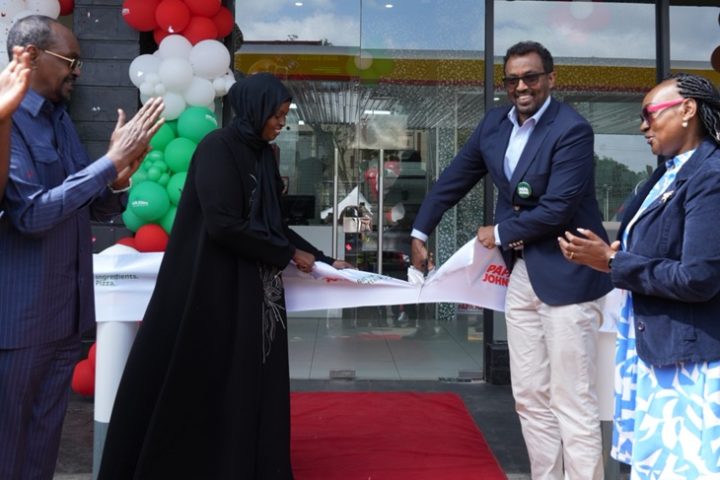More than ever before, now is an opportune time to take bold steps required to address and mitigate the causes and effects of climate change around the world. African countries had a one-of-a-kind opportunity to do so earlier last September at the inaugural Africa Climate Summit 2023 in Nairobi.
Then came the COP28 summit, which echoed the Intergovernmental Panel on Climate Change’s (IPCC) confirmation that Africa is warming faster than the rest of the world and that, if not addressed, climate change will continue to hurt the continent’s economies and societies, stifling growth and wellbeing. This is especially true given that Africa relies heavily on rainfall for food production, which, if disrupted, will affect hundreds of millions of people.
It is critical to emphasize from the start that there is overwhelming evidence that human activity is largely to blame for global warming and the subsequent climate change-related disasters. This consensus continues to influence corporate policy realignment with the Sustainable Development Goals, which include 17 interconnected objectives designed to serve as a “shared blueprint for peace and prosperity for people and the planet, now and in the future.”
Then there is the financial industry, which, by definition, has the greatest potential to encourage industries and economies to adopt more sustainable practices like climate-smart agriculture, renewable energy, and green buildings. Banks, by leveraging their financial expertise, influence, and resources, can hasten the adoption of ESG standards and contribute to a more sustainable and inclusive economy.
Banks can accomplish this by, among other things, influencing capital allocation to long-term projects and businesses that benefit society and the planet. Sustainable financing entails providing credit facilities and investment products to support environmentally friendly projects, social initiatives, and businesses with strong governance practices.
Furthermore, banks can accelerate the transition to a low-carbon economy while also contributing to positive social outcomes by directing capital toward the creation of sustainable economic activities. This is especially evident in the agricultural and commercial property development sectors, which are increasingly moving toward carbon neutrality. That’s why Absa Bank, a founding signatory to the Principles for Responsible Banking, is committed to doubling its sustainable finance allocation to KES 120 billion in Kenya over the next two years.
As an example, Africa’s agricultural sector ranks high among those in need of such assistance, owing to the enormous economic contribution that it makes to the continent’s Gross Domestic Product (GDP), which is estimated to be 35% of GDP. One way through which banks can encourage sustainable agricultural practices is by providing financial and non-financial interventions such as training programs to all key agribusiness value chain actors. Absa for example allocated USD 10 million (KES 1.5 billion) to Climate Smart Agriculture in 2022 to finance sustainable practices in the horticultural value chains.
On the property development front, greater collaboration among banks, property developers, and investors is critical because it unlocks the necessary technical assistance, knowledge, and expertise in projects that require long-term financing solutions.
Another huge opportunity for financial institutions to contribute to a net-zero carbon world exists in the energy sector. According to the International Energy Agency (IEA), global clean energy investment was expected to reach $1.7 trillion (KES 255 trillion) in 2023, with solar investment surpassing oil production for the first time, at $382 billion (KES 57.3 trillion) versus $371 billion (KES 55.6 trillion) for oil production.
That headroom of opportunity is already present in Kenya, where approximately 30 percent of Kenyans lack access to electricity, with many off-grid households devoting 5 to 10 percent of their income to polluting fuels and technologies for light and power. Solar energy would thus provide clean and dependable energy as well as long-term cost savings for homes and businesses.
Regardless of the enormous potential, the initial equipment cost remains a barrier for many Kenyan consumers seeking to switch to solar energy. Absa Bank provided KES2 billion in June last year as part of a syndicated finance facility worth US 130 million (KES 19.5 billion) to Sun King, a global off-grid solar energy company, to help increase off-grid solar energy adoption in Kenya.
It is critical to recognize, however, that establishing sustainable business practices is impossible without cultivating a culture of responsibility and awareness of the need to address climate change. Banks, for example, can help to support sustainable supply chains by offering financial and non-financial incentives for sustainable sourcing and production practices. This includes providing comprehensive sustainability training and education, promoting sustainable workplace practices, and motivating employees to participate in sustainability initiatives.
To summarize, incorporating sustainable business practices is not only a moral obligation but also a strategic imperative for banks to thrive in a fragile world that demands our collective attention. We look forward to playing our rightful role in supporting the development of a long-term systemic approach to achieving the objectives of carbon neutrality and nature-positive while providing affordable, secure, and inclusive access to energy, food, and water by 2050, aligning with Davos 2024 priorities.
Related Content: Superior Homes Partners With Absa To Give Homebuyers 90% Financing
Abdi Mohamed is the Managing Director and Chief Executive Officer, of Absa Bank Kenya.













